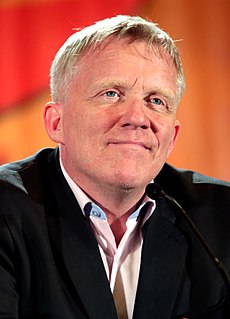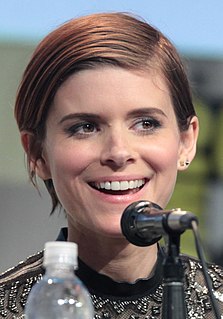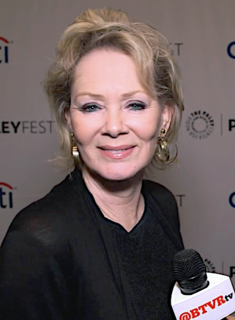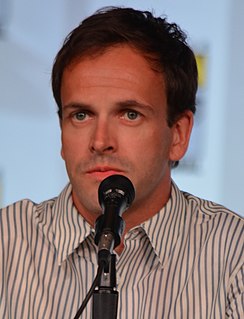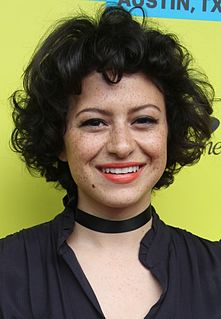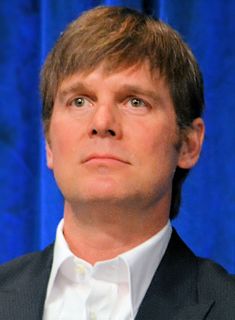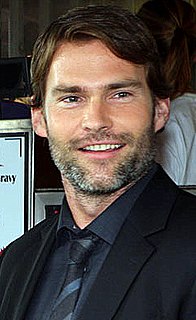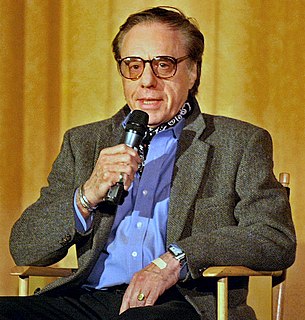A Quote by Anthony Michael Hall
But on this show, it's a good question because in the 35 shows that we've done now, I've really made a consistent effort to really shadow the directors because in many ways they have to be more prepared than feature directors.
Related Quotes
Marvel has this tradition, and I think that Sony has this tradition too, of hiring directors for Spider-Man who are dramatic directors. That are directors who are interested in human beings, in characters, in drama, and who are really good with actors. That kind of feels like a Spider-Man director to me. And because Spider-Man is always as big as the films that are being made at Marvel, it always is character and story. You can never take that out.
J.C. [Chandor] was the kind of energy we were looking for, so we decided to get behind it with all of our effort. That was the beginning of our relationship with first-time feature directors, and that's when it became really important to us, watching them thrive and grow in a creative environment in which you can do that was really key. Also his work checked all the boxes, because it was socially relevant and intellectually driven, and creatively exciting.
Television is a completely different industry now. It's just extraordinary. It's so wonderful, because there's more interesting product. It attracts the best writers and directors. And one thing that's really interesting about it is that it used to be, if you were on a big network show, like it or not, you were a household face and name. And believe it or not, not all actors like that. That's not their goal. They just like being actors. And there are so many actors that are on hit shows that I have never seen, I've never heard.
I always feel like I learn more from directors that are new, and I also am able to understand how much I really do know about filmmaking when you work with directors that maybe don't have as much experience, so you're able to sort of take the reins. I know how to do these movies, I've done so many of them and have learned from new directors who are usually willing to try new things and are more open to allowing someone like me to kind of come in and just do what I know how to do.
